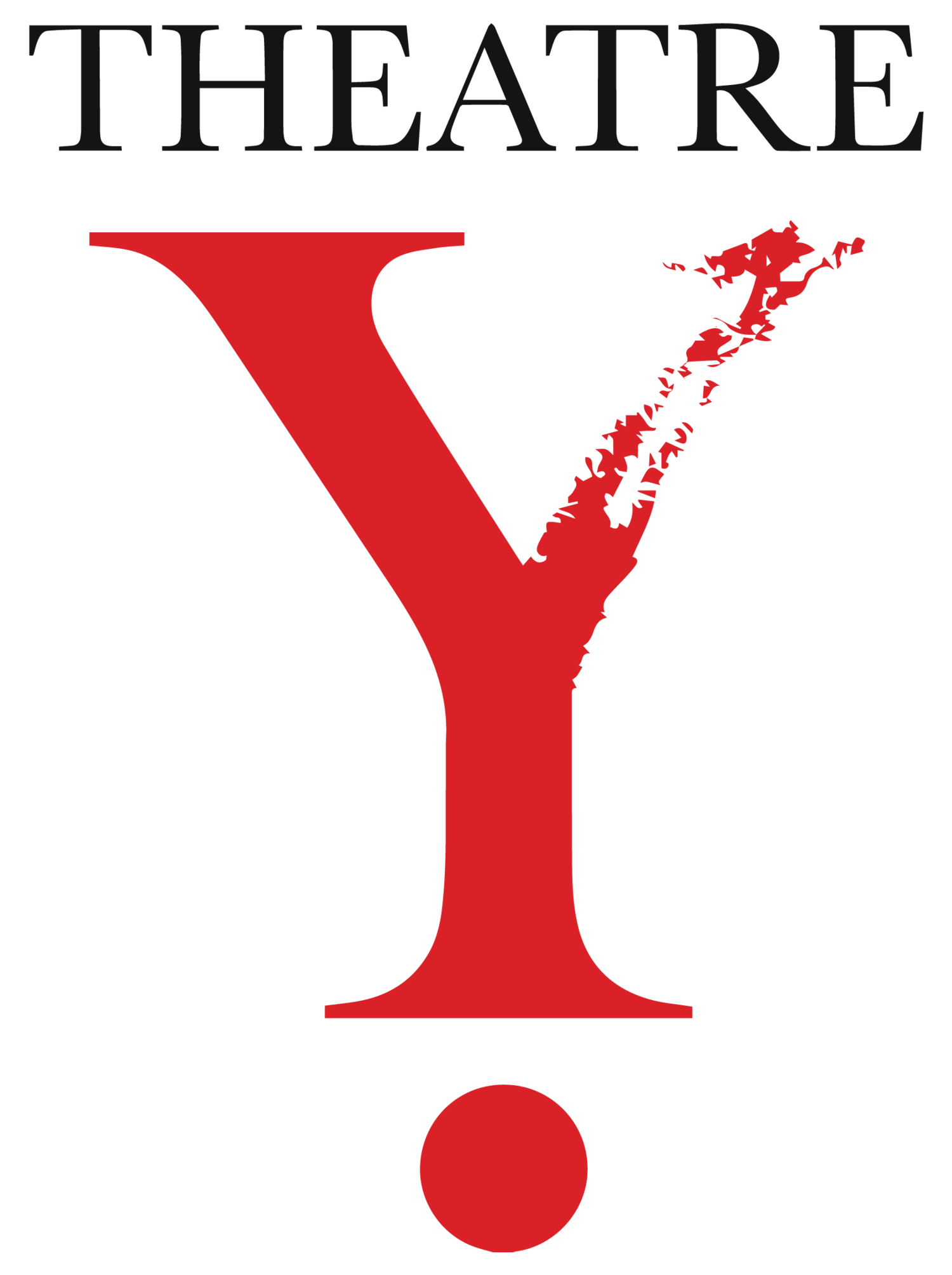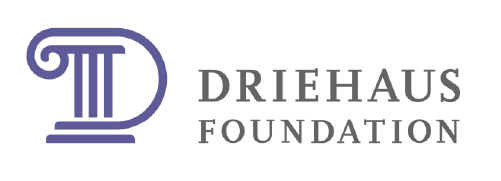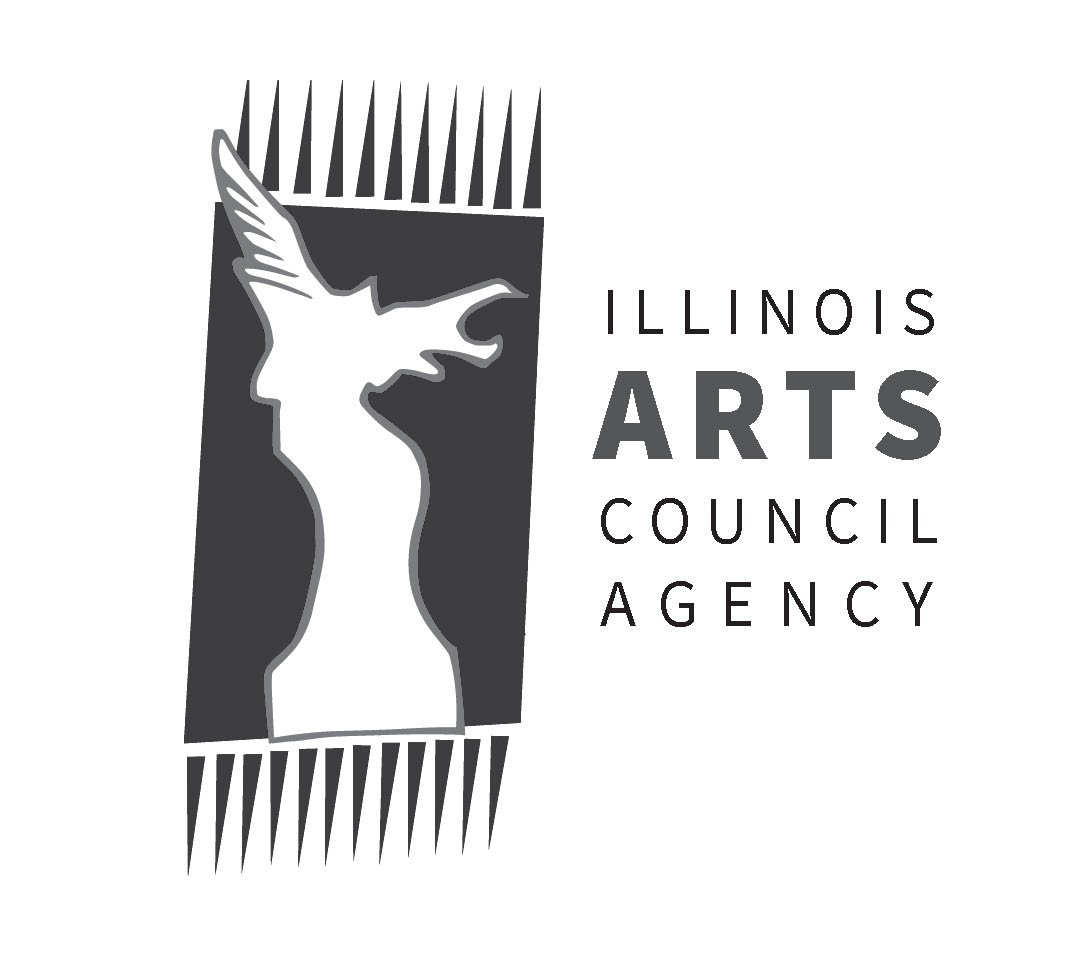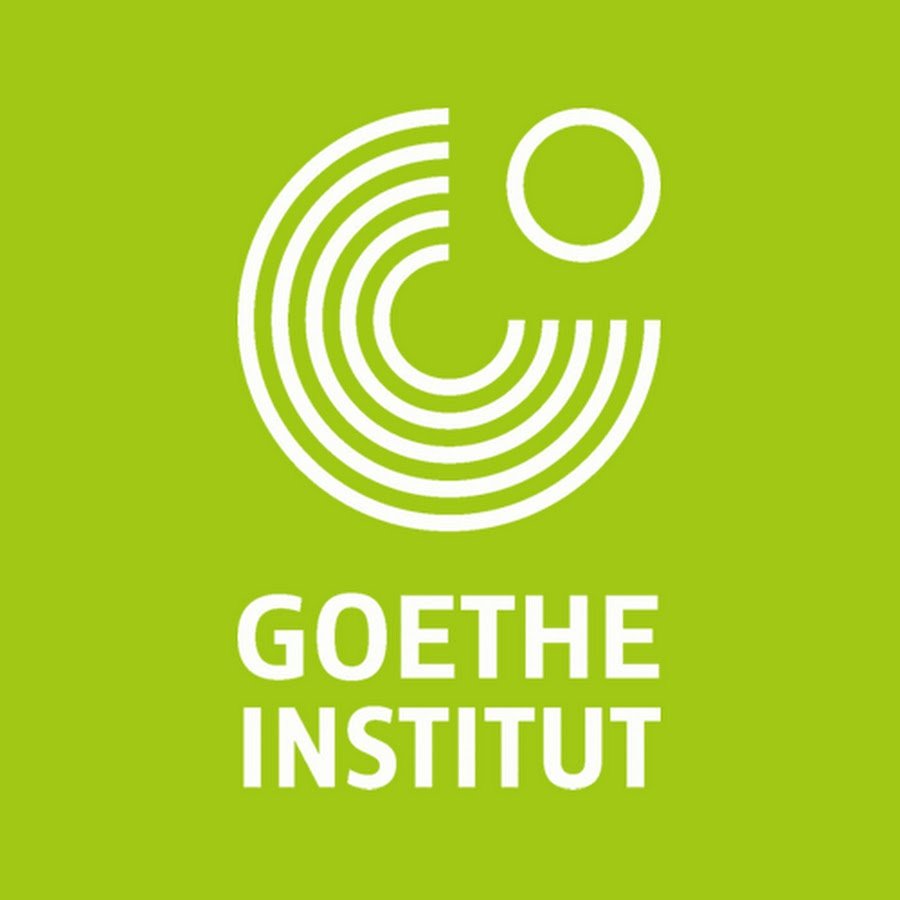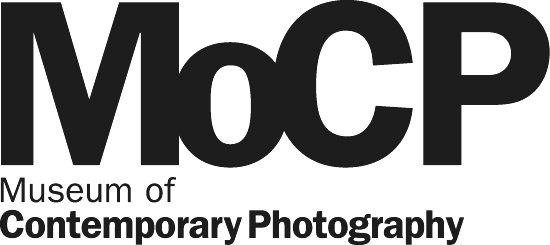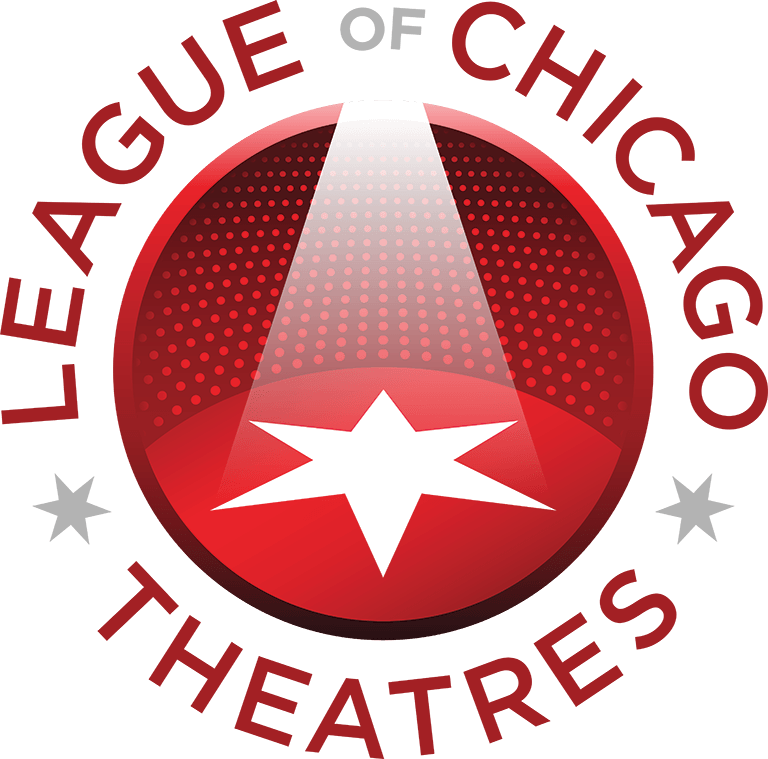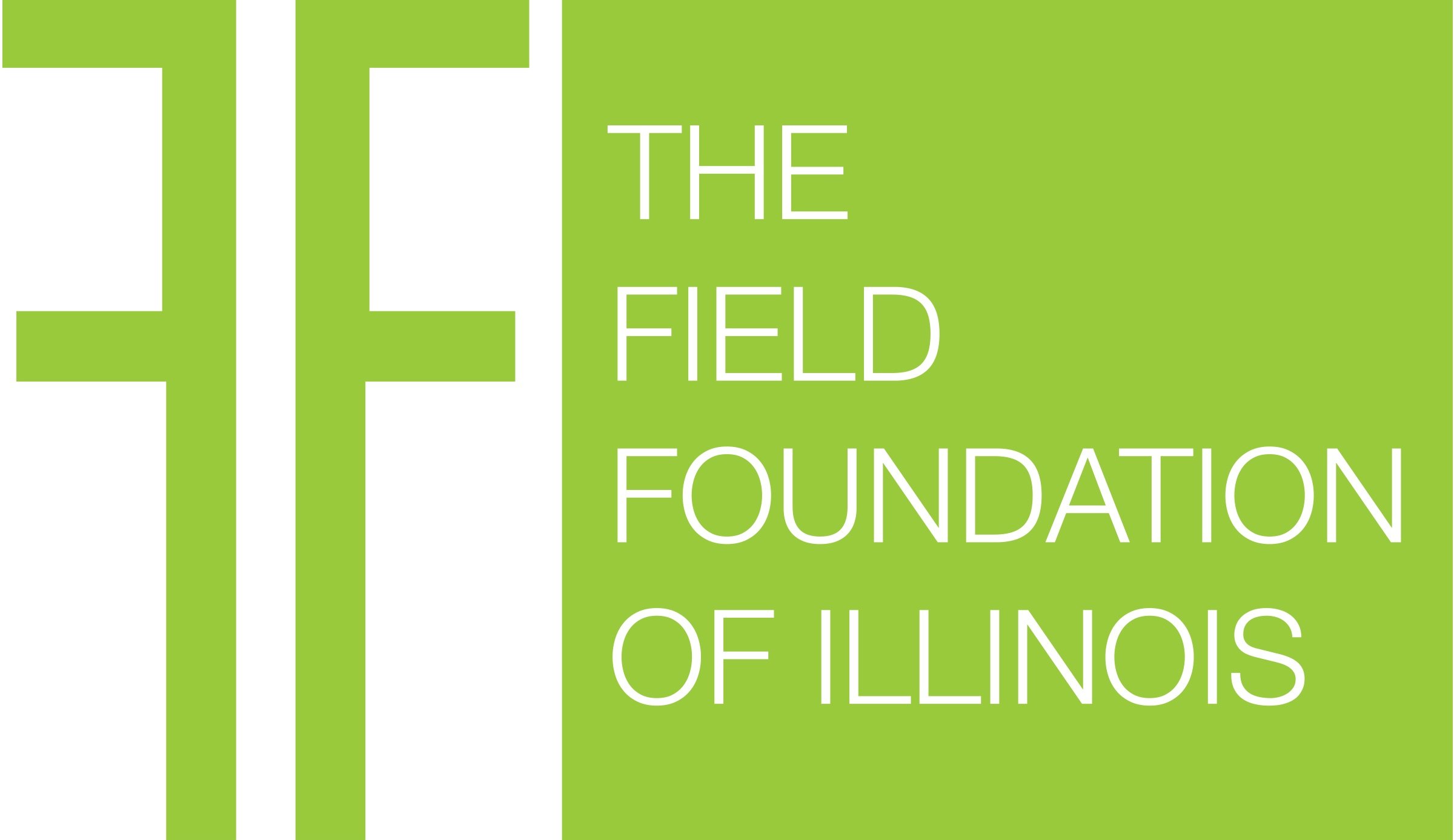An Interview With Dramaturge Zsolt Láng
/An acclaimed Hungarian writer and editor, dramaturge Zsolt Láng accompanied director Éva Patkó from Eastern Europe to bring Penelope from the French text to the English stage.
AD - What kind of writing do you primarily do?
ZL - Mostly fiction. I’ve written six novels along with some short stories. And I’ve written six or seven plays, a few of which have been translated and published in English.
AD - What themes do you tend to write about most?
ZL - I love history in Eastern Europe. And I find the relationships between women and men very interesting and enticing.
AD - So, having written both novels and plays, what do you think theatre can offer storytelling that fiction can’t?
ZL - If a play is going to be produced into a show, then the text is very similar to fiction. But, live theatre can offer something that’s more tangible. And I develop a different movement and feeling when I write for the stage than when I do for fiction. Fiction is more speculative – you can imagine many characters and such. But theatre is much more present.
AD - What exactly is your role as dramaturge?
ZL - I’m here for the text. A dramaturge’s work is to know how the text works into the show, and how show works into the text. So, for this show, Éva and I began by reading the text in French, its original language. Since this show is a translation, a lot of my work was to help Éva interpret and transform the text.
For example, in French, the text focuses more on the love story. But in English, it’s more a story about conflict between Father and son; the English is more technical, the English is more dramatic. Maybe because it’s the language of Shakespeare? Who is very dramatic.
But, French is more poetic. And it was very interesting to see the focus of the story shift during the translation process. In French, it’s a love story with Dinah and Elias clearly as the focus. In English, the text is now more about the relationship between the mothers and their sons – Nuritsa and Elias and Dinah and Theos. It’s interesting.
AD - What has made Penelope worth traveling from Eastern Europe?
ZL - I’m very curious to see how the show will be. Not nervous, but curious. I like how Theatre Y works. The actors and crew are very talented and committed, so we wanted to work with them.
One message of the show is that many times in our lives we repeat the lives of our ancestors. And history repeats through generations and generations. The strongest power that can stop this cycle is love; when a man loves a woman, this power can stop these tragic cycles. In the play, Elias repeats the cycle of violence in war. But afterwards, he doesn’t want to murder any longer. And his son, Theos, has fallen into this cycle because of how badly he wants to kill Ante. But Elias, by loving his son, saves Theos from a criminal lifestyle. By killing Ante himself, Elias breaks the cycle of violence to spare Theos from becoming a murderer.
This interpretation of the show is very interesting. Éva has made some changes so that the same actor plays both Elias and Theos. This decision to make them the same actor is very important because this relationship between son and father now has another angle of complexity. We can now ask how the life of father can affect the life of the son. We can more deeply see the love between son and mother, father and mother. In this show, because one actor plays both characters, we see that in a mother’s love for her son is a woman’s love for her husband.
These are a few complexities and details, such as these messages, that made us excited for the show, that made it worth traveling for and committing to.
